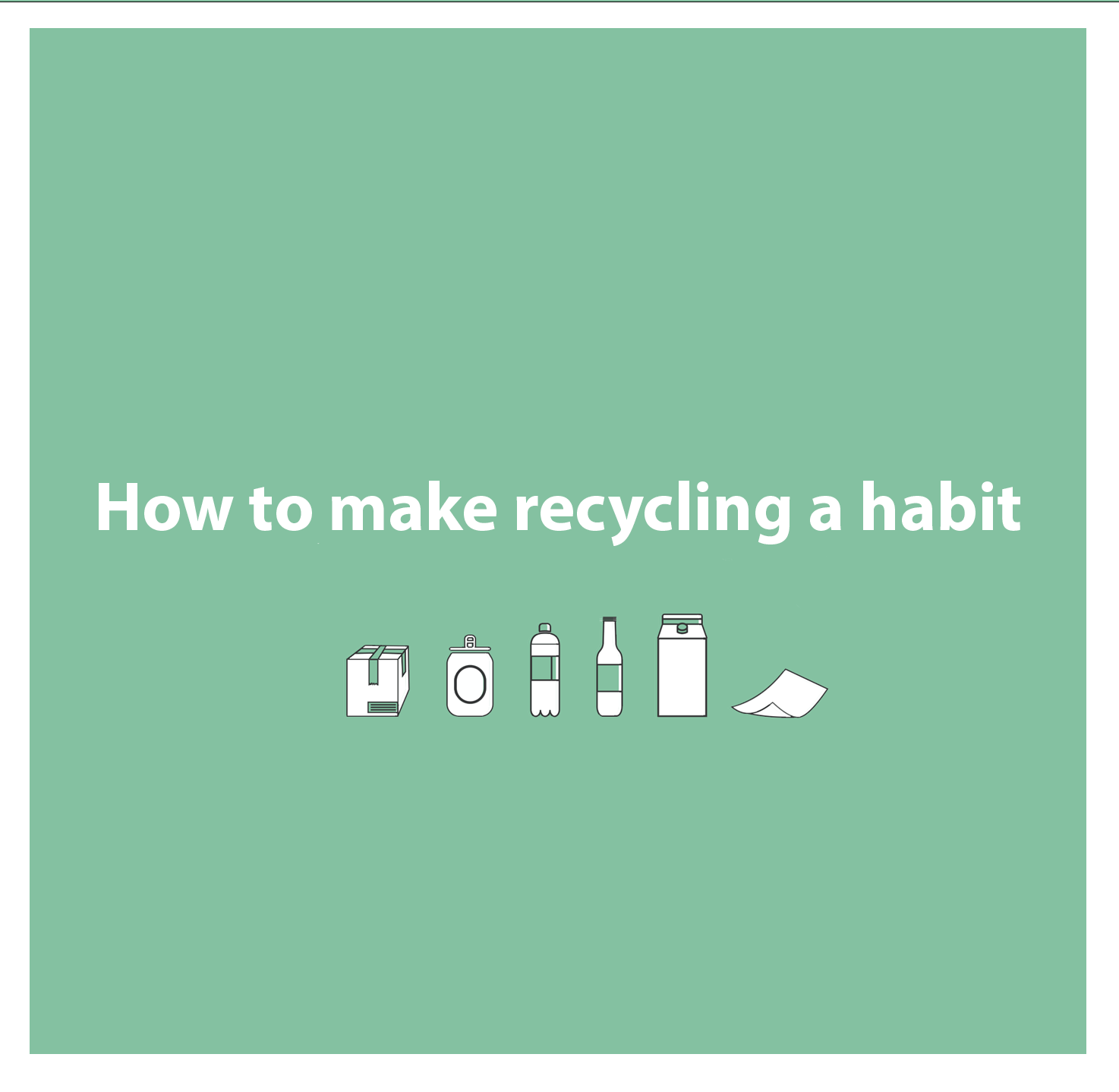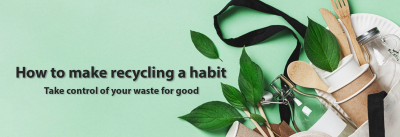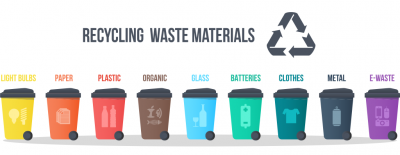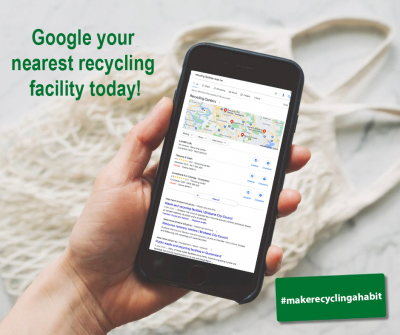
How to make recycling a habit

Recycling isn’t easy.
If it was, then I’m sure I wouldn’t even be here writing this post. But here I am, because again, recycling. Isn’t. easy. And it’s about time we all admit that. Change is never going to happen if we don’t admit there’s a problem!
I’ll be honest though, up until about 18 months ago, I wasn’t all that great at recycling. I threw bottle caps into the recycling bin, old food containers into the general waste bin and I don’t think I’d ever even heard the term soft plastic. Insane, I know! How hard is it to get the very basics of recycling right? Well, turns out it’s harder than we think and failure is common.
But, creating lasting and meaningful recycling habits to reduce your waste is possible!
This is where I’ll introduce the star of my journey to less waste. My very own recycling superstar, my boyfriend’s mum Rosemary. She has:
1. A general waste bin
2. A recycling bin
3. A soft plastic bin
4. A compost bin and
5. A chicken scraps bin for all other food waste.
Yeah I know, I was overwhelmed too. The sheer number of times I confidently dropped what I thought was general rubbish into the bin, only to find it in another bin an hour later is embarrassing. For a while, I felt ashamed of my own lack of awareness around the waste I create and how little I was doing to reduce it. However, Rosemary’s actions are the result of years of hard work and perseverance. For Rosemary, recycling and reducing waste comes as naturally as breathing. I can only dream of being like her one day, but oh boy did her guidance help.
Now I’m not going to sit here and say I’m suddenly a recycling pro, no way! But I am more aware and I take action to reduce not only the waste in my home but also in my workplace! I have implemented a soft plastic bin in my office and am slowly (very slowly) teaching my co-workers what they can and more importantly can’t put it in… I often get asked by my colleagues “don’t you get sick of doing this?” and the answer is, sometimes? However, if I can keep this up, I know that one day for me, recycling will be like breathing too.
If you’re like me and want to recycle more and reduce your waste, then read on! Through of series of tips I’ve learned over the last 18 months or so, I’ll attempt to pass on the best information I’ve got to begin making recycling a long-term habit in your life too.

The best place to start is to know the different kinds of recycling available to you. To start, sort through your general waste and recycling bins to determine exactly what waste you already create. It’s easy to skip the basics thinking you know it all and jump to more complex recycling concepts such as soft and hard plastics, but the basics are super important. Once you know exactly what waste you create and what you can and can’t recycle, you can create a plan and set up that works for you. This will be the base for any future success!

Recycling waste materials.

So now you know the different kinds of recycling, where do you take it all? Well, I’ve got some good news, this part is pretty easy. Did you know soft plastics can be taken to most Coles and Woolworths supermarkets! So whenever you plan on going to the supermarket, make sure you grab your reusable bags and your collection of soft plastics too! Maybe even keep them in the same place so you never forgot. You can search for your nearest soft plastic collection point here. Similarly, metal cans can be donated to an organisation known as Containers For Change. Their collection points are located all over Brisbane, and even better, you get money for doing it! What have you got to lose? Glass bottles and glass jars can be disposed of in your regular yellow-lidded recycle bins, that are collected fortnightly as part of your regular waste collection service. If in doubt, google your nearest recycling facilities and find the best option for you!


When attempting to reduce your waste, meal prepping is a go-to for a number of important reasons. Firstly, when you plan your meals for the week there’s less room for food wastage. Speaking from years of experience, and I’m sure you have the same experiences, it’s easy to lose track of what’s in the fridge. Expires are easily missed and the consequence is a great deal of food waste. If you plan your meals well, buy in-season produce and less packaged food, you can not only save money but also reduce both your food and plastic waste! For 7 great tips on how to create a minimal waste food plan, check out this blog post!

Think of your sustainability journey like a diet. If it’s too hard or too complicated, it’ll never stick. Make sure that you fit things in with your routine and make the process as seamless as possible. If you’re planning on recycling soft plastics, then keep a separate bin right next to your regular bin. If you want to recycle cans through Containers For Change, find a drop-off point closest to your house. Make recycling work for you.

It takes six weeks to form a habit. That is six weeks of continued action. If you attempt to tackle every kind of recycling known to man all at once, you’re bound to fail. Instead, start with what you know you can do and work up from there. A great place to start is with your general recycling! Make sure you get the foundations of recycling correctly before you try other methods of waste reduction. Set realistic goals and expectations.

Try as hard as you might, chances are you’ll fail at least once. I failed a lot. Recycling is hard and setting yourself up for success is even harder. If one method fails, then try another. If you just can’t nail one particular variety of recycling, then try another! If you follow these tips and really push yourself to create change in your own life then I know you can do it.
I’ve given you the tips, now the rest is up to you. If you’re still not feeling ready I encourage you to keep researching! There are some amazing resources on Youtube and Google. Your recycling journey will feel tough at times, and you’ll probably want to give up more than once, but keep on going and the rewards are well worth it.
